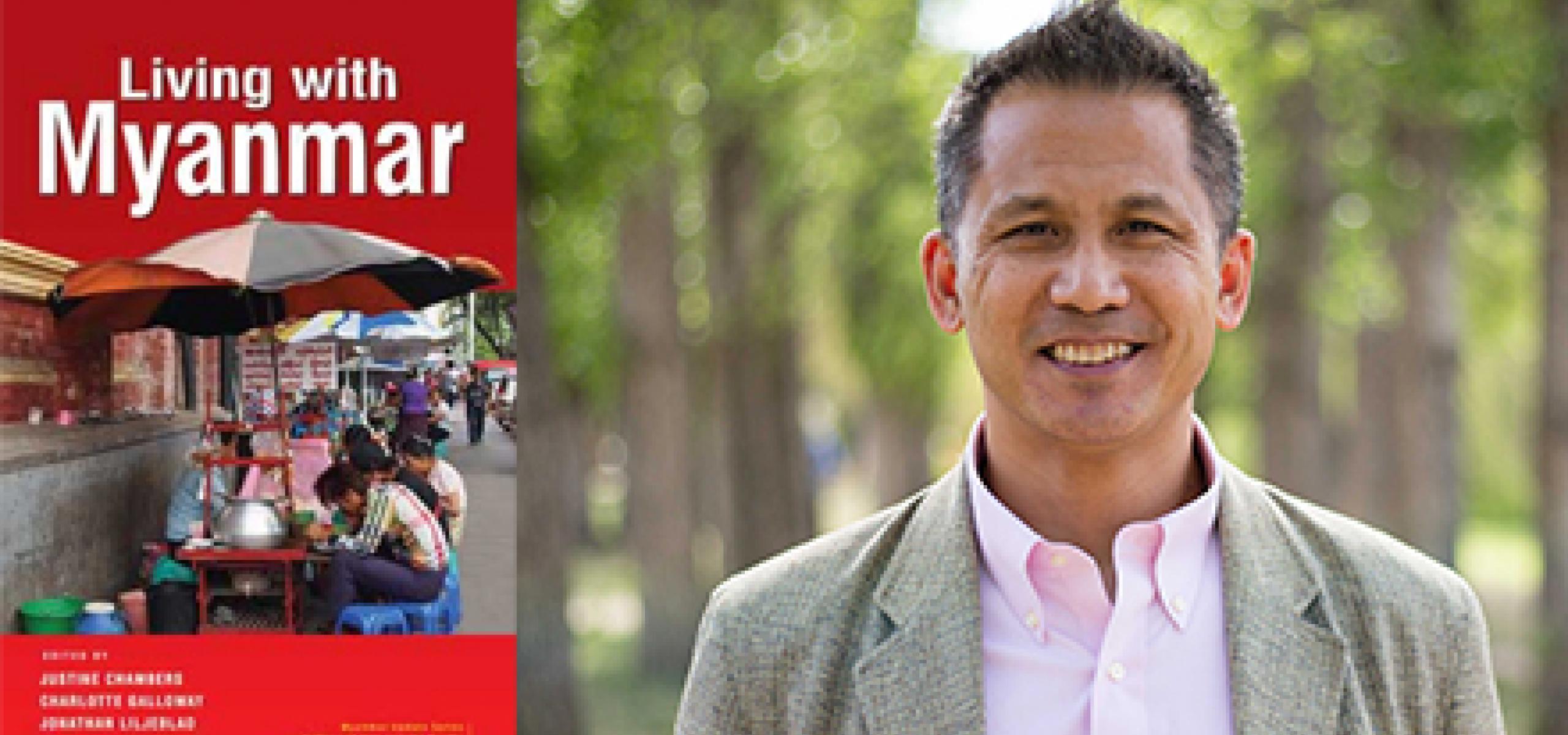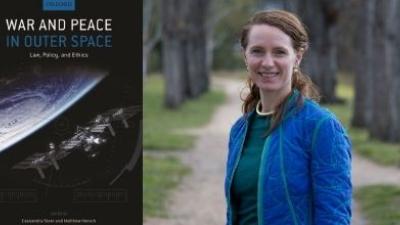
Dr Jonathan Liljeblad says the book sheds light on "ominous warnings for the country's ongoing political transition".
The book is directly related to ... academic understanding of democratisation, development, and law as a part of development.
Earlier this month, Myanmar’s military seized power after detaining Aung San Suu Kyi and other democratically elected leaders. The move raised international concerns about state stability, public safety and the rule of law in the Southeast Asian nation, which now faces an uncertain future.
Now, a new book co-edited by three scholars associated with The Australian National University (ANU) provides a timely, in-depth examination of the legacies of half a century of military rule from socio-political, economic, legal perspectives and more.
Living with Myanmar(ISEAS Publishing) is co-edited by Dr Jonathan Liljeblad, senior lecturer at ANU College of Law; Dr Justine Chambers, lecturer at the ANU School of Culture, History and Language; and Dr Charlotte Galloway, Honorary Associate Professor at the ANU College of Arts and Social Sciences.
In this Q&A, Dr Liljeblad outlines the background of the book and some of the important themes explored in its six sections.
Dr Justine Chambers and Dr Charlotte Galloway (l to r), both ANU researchers, are fellow co-editors of 'Living in Myanmar'.
1. What does this book explore?
The book is an edited volume with contributions from different scholars exploring economic, social, political, and legal forces that are working in different directions to either unite or divide Myanmar as a nation-state. In the book, I provide an overview of the collective contributions that places them within the literature on development and democratisation, with analysis that highlights how the findings of the disparate chapters indicate the fragility of Myanmar under a hybrid regime and pose ominous warnings for the country's ongoing political transition.
2. Does it build on any of your previous research?
Yes, the book follows work that I and other scholars have done on law and development issues in Myanmar.
3. Does this book relate to any current courses you are teaching? If so, which ones?
Yes, the book relates to Introduction to Law, Governance and Development (LAWS8001), and I plan to use it in my guest lectures
4. Why is this an important book?
The book is important because it assembles multiple studies that demonstrate the issues in Myanmar's transition, and provide a body of empirical work that intervenes in existing theories posed by democratisation, development studies, and law and development literatures.
5. How does it impact current events, debates or academic controversies?
Yes, the book is directly related to current discussions on international aid to Myanmar, Australian relations with Myanmar, and academic understanding of democratisation, development, and law as a part of development.
6. How does it relate to other current projects you are working, on either solo or collaborating with ANU/international colleagues?
The book connects to ongoing research on rule of law, human rights, and environmental issues I am doing in Myanmar and other Southeast Asian countries. It also ties into collaborations I am doing with the ANU Myanmar Research Centre and colleagues at the ANU School of Regulation and Global Governance (RegNet).
Buy your copy of Living with Myanmar here.



